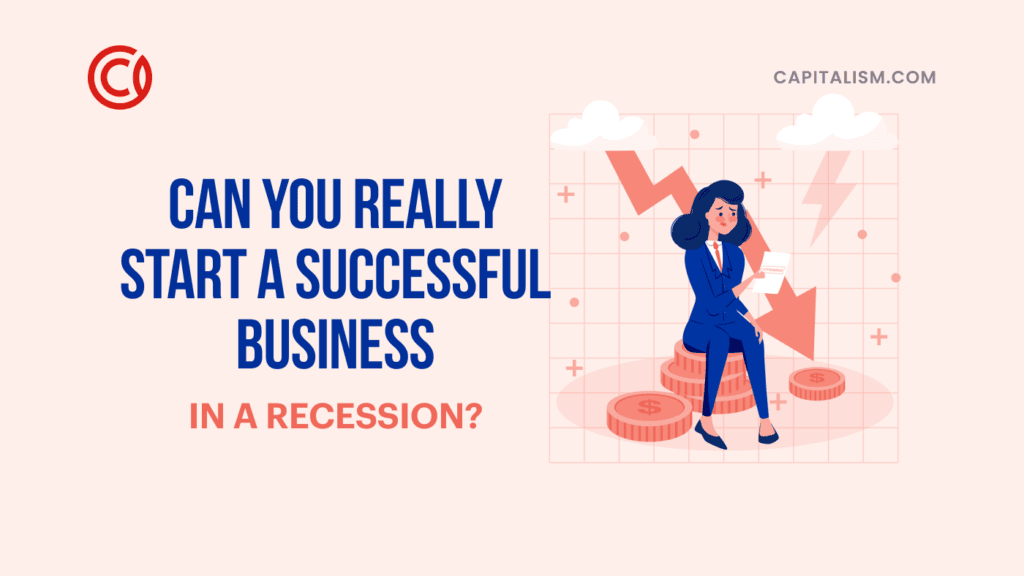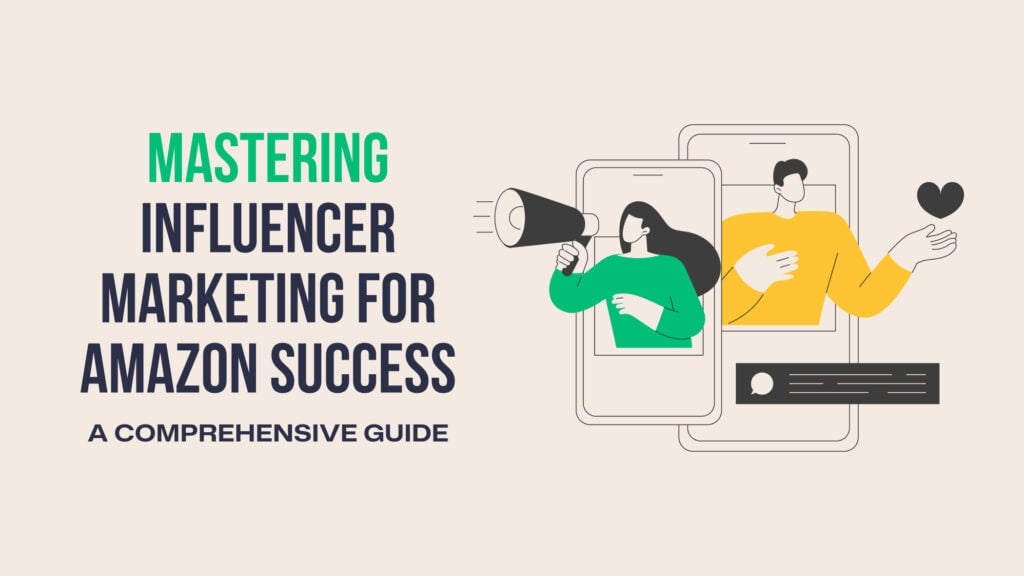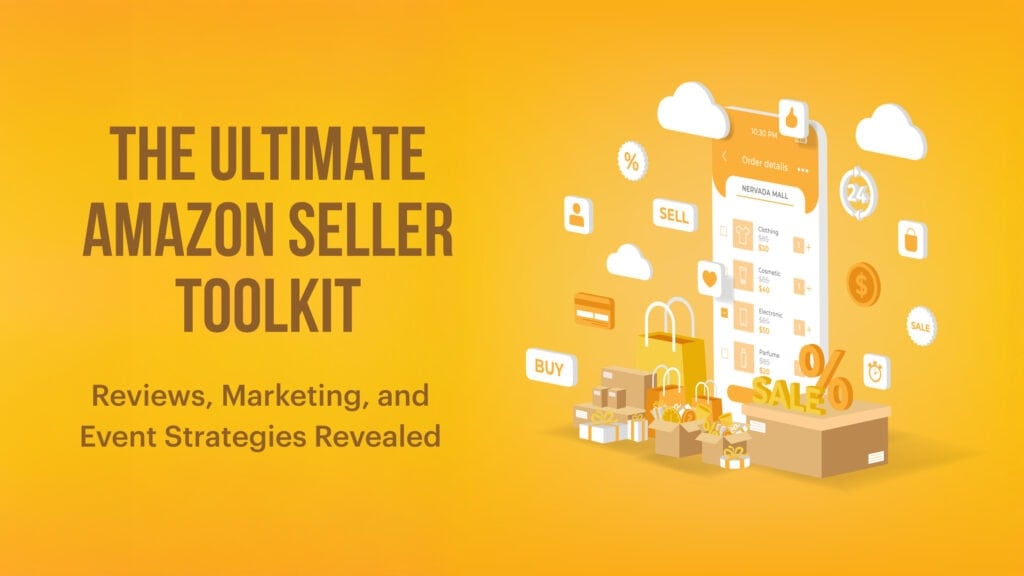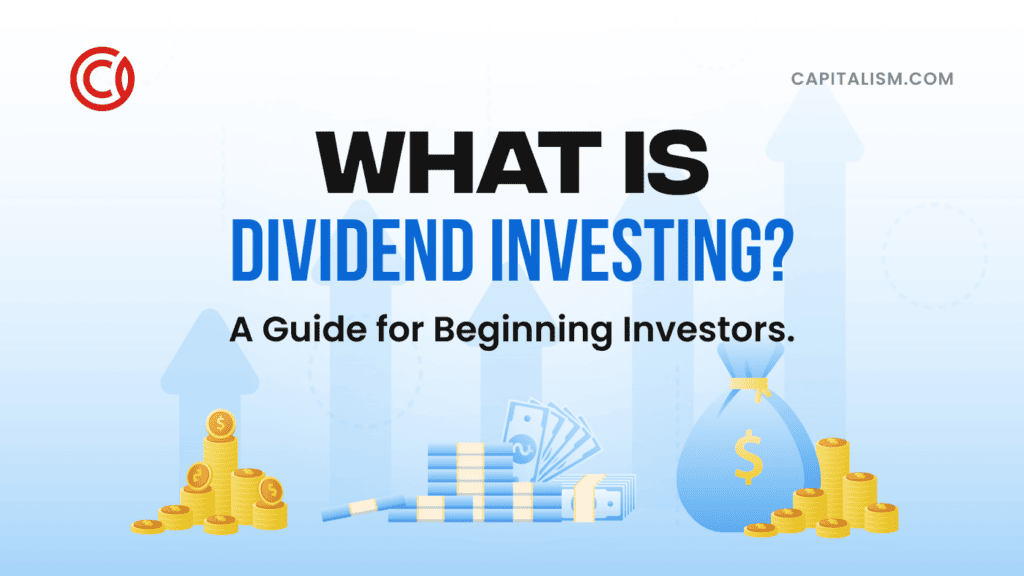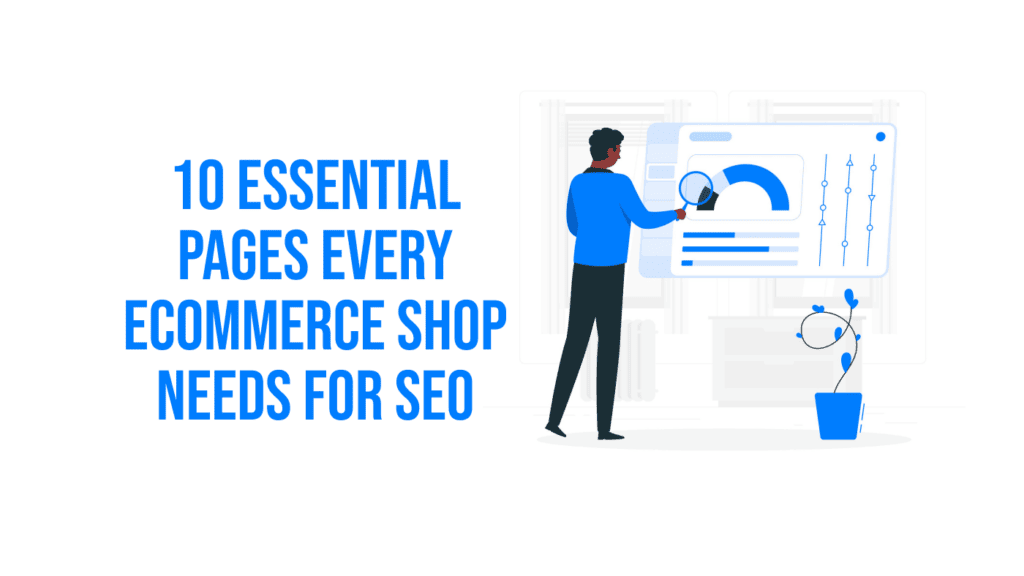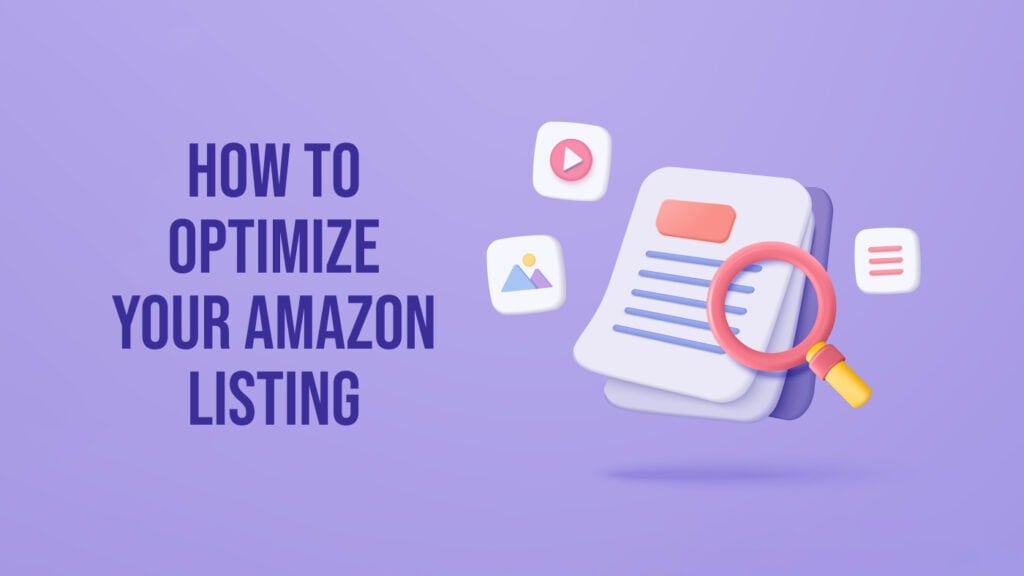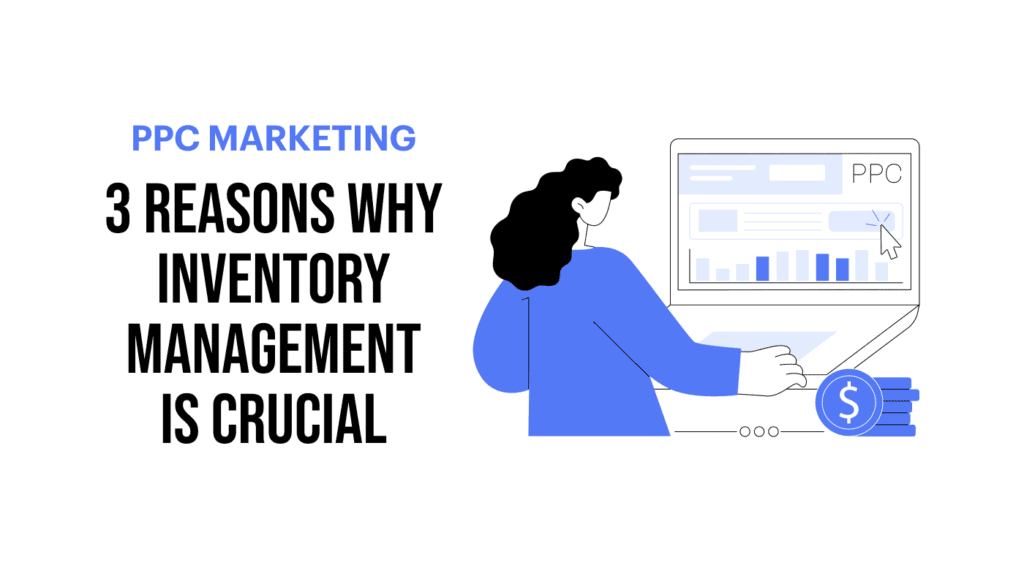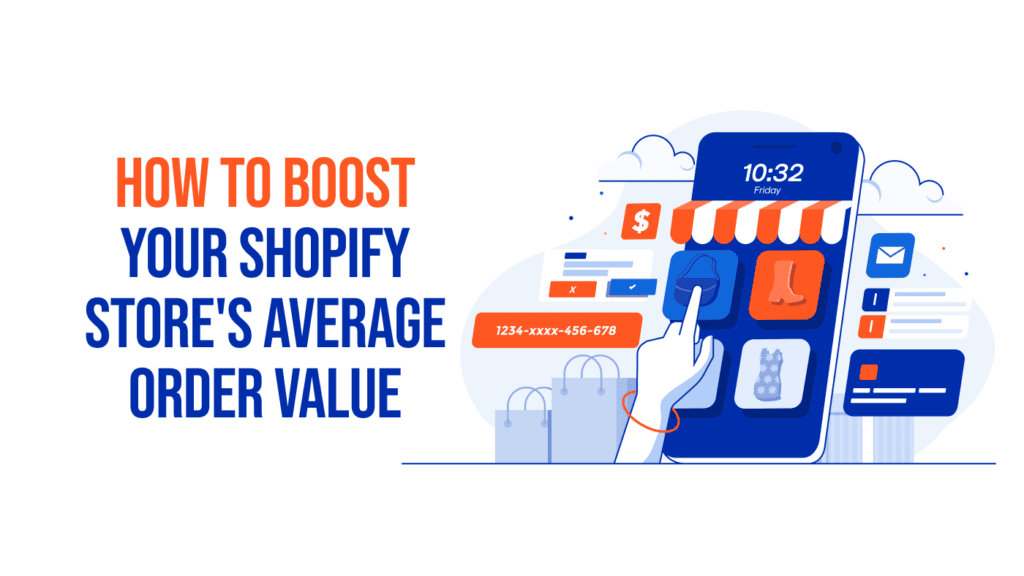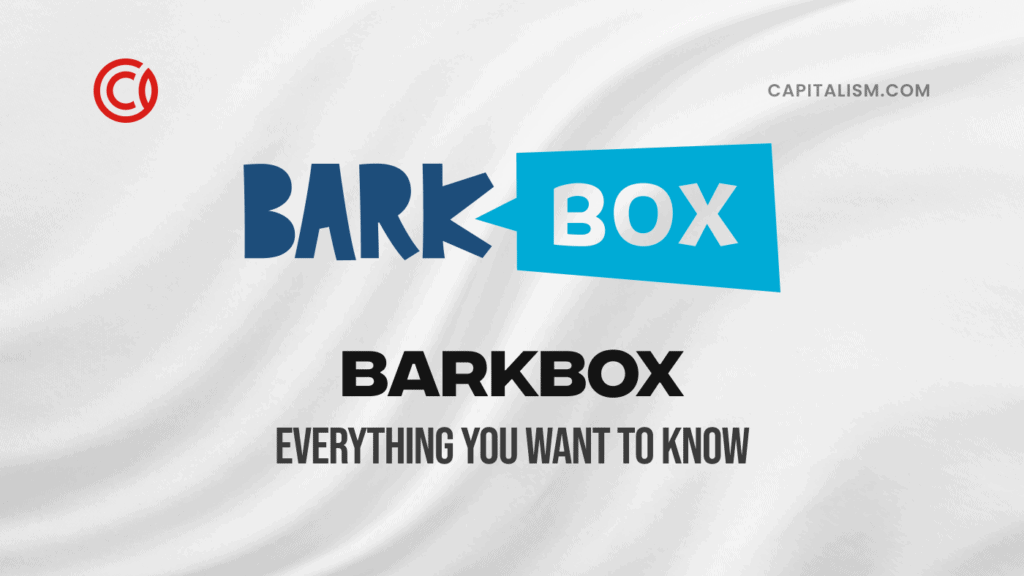Starting a business during a recession is challenging, but it’s possible. These tips can help you ensure your business succeeds, regardless of economic conditions. First, assess whether your business idea can help people affected by the recession. Create a business strategy that focuses on gradual and consistent growth. Take advantage of credit and loan opportunities designed to address recession-related challenges.
It is evident that entrepreneurs who want to start businesses encounter serious challenges. However, it is possible to launch a business even in challenging economic times.
In this guide, you will learn what a recession is, the causes of a recession, and how to stand out in the midst of tough economic seasons.
Plus, discover how we can help you launch a million dollar brand, even during a recession… for FREE.
What is a recession?
A recession is a significant and long-lasting economic downturn that is widespread. A common general rule is that, if gross domestic product (GDP) experiences negative growth for two consecutive quarters, it indicates a recession. However, more complex calculations are also employed to determine recessions.
The National Bureau of Economic Research economists determine recessions by examining factors like nonfarm payrolls, retail sales and industrial production.
It's crucial to remember that a recession can also be a time of opportunity. While the economic landscape may seem bleak, it's during these challenging periods that some of the most successful businesses have been born.

In fact, some of the most inspiring stories in the business world are those of entrepreneurs who started successful ecommerce businesses during a recession. These individuals saw potential where others saw problems, and they harnessed the unique opportunities that a recession can present.
In the following article, we will delve into these inspiring stories, exploring how these entrepreneurs navigated the choppy waters of a recession to build thriving ecommerce businesses. Their journeys serve as a testament to the fact that success can be found even in the most challenging economic climates, and that a recession can be more than just a period of economic downturn - it can be a launching pad for innovation and success.
10 Hugely Successful Businesses Started In Recessions
1. Trader Joe's
Originally called "Pronto Market," Trader Joe's was founded in 1958 by Joe Coulombe during an economic downturn. The official Trader Joe's, as we know it today, was founded in 1967 after Coulombe's initial convenience-style chain failed to thrive. Trader Joe's capitalized on the popular tiki trend when it opened in Pasadena, California. Trader Joe's staff dressed in grass skirts and its shelves were filled with unique products not available elsewhere. Trader Joe's generates approximately $13 billion annually.
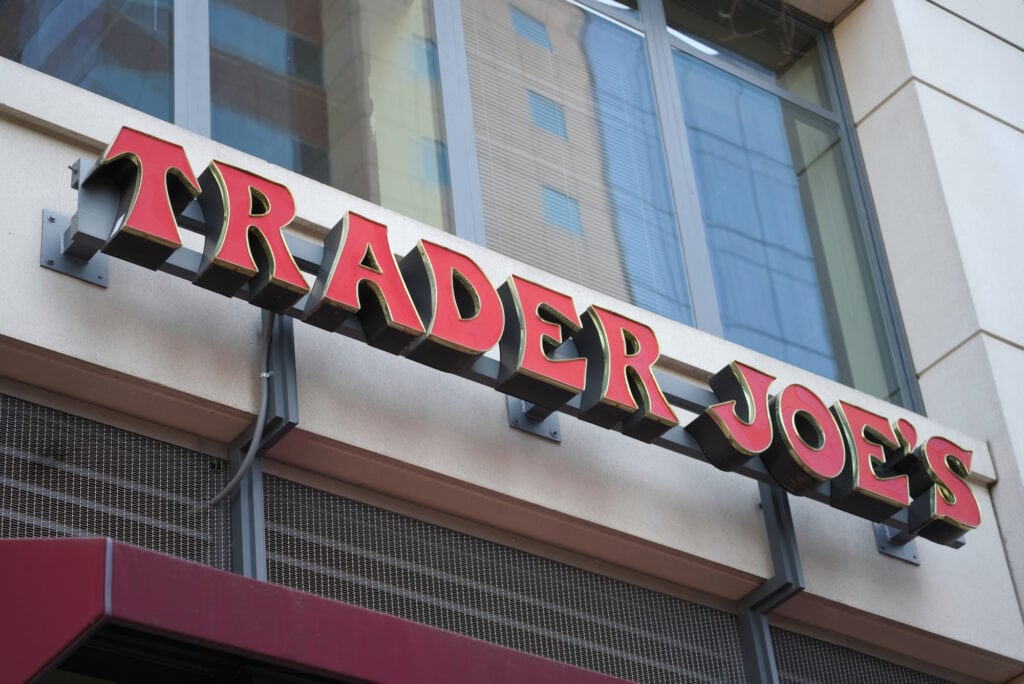
2. Airbnb
Airbnb was established by Brian Chesky, Nathan Blecharchzyk, and Joe Gebbia during the 2007 recession. Airbnb's uniqueness is its ability to thrive during economic difficulty. Airbnb is a mobile application that enables ordinary people to offer accommodation in their homes to temporary visitors, tourists, students, and business travellers. This platform allows anyone with an empty room to earn income by utilizing the app. In 2022, Airbnb generated about $8.4 billion in revenue.
3. Dropbox
Dropbox was founded by Drew Houston and Arash Ferdowsi in 2007, during the global financial crisis. Houston was inspired to create Dropbox after forgetting his USB drive and realized the need for a more convenient file storage and sharing solution. During the last three months of 2021, Dropbox announced that its earnings had reached $565.5 million.
4. LinkedIn
LinkedIn is an established social media platform on the internet. Unlike Facebook and Twitter, LinkedIn is the oldest social media platform. It was founded in December 2002 by Reid Hoffman to connect professionals across various industries through the Internet. At the time of its founding, there was a dot-com bubble burst that led to an economic downturn in the tech industry.
In 2003, one million users joined within the first year of its launch. LinkedIn Talent Solutions generated more than $6 billion in revenue in 2022, experiencing 39% growth compared to 2021.

5. Storify
Storify is a social media platform founded in 2009 by Xavier Damman and Burt Herman. It allows users to curate and create stories using social media content from platforms like Twitter, Facebook, and Instagram. Storify faced challenges in monetizing its service. In 2013, it was acquired by Livefyre, a content marketing platform, and shut down in 2018.
6. Tictail
Tictail is an e-commerce platform founded in 2011 by Carl Waldekranz, Kaj Drobin, Siavash Ghorbani, and Erik Wahlberg. It aims at providing brands with an easy-to-use platform to set up online stores. Tictail encountered financial challenges and failed to achieve a profit. In 2018, the platform was acquired by Shopify and closed in 2019.
7. Upcoming.com
Upcoming.com was founded in 2003 by Andy Baio and Gordon Luk. The platform helps users discover and share information about local events. In 2005, Yahoo acquired the platform as part of its efforts to expand its online event offerings.
8. Vimeo
Vimeo is an American video hosting and services platform that delivers high-definition video. It was established in November 2004 as a side project by web developers and acquired by IAC. Vimeo provides tools for video creation, editing, broadcasting, and enterprise software solutions. Vimeo reported a decrease of one per cent in revenue year-over-year in Q4 2022, with its enterprise segment growing by 57%.

9. YouTube
YouTube is a popular video-sharing platform founded in 2005 by three PayPal employees. It quickly gained popularity, hosting millions of videos and attracting millions of users. In 2006, it was acquired by Google for $1.65 billion. YouTube generated $28.8 billion in revenue in 2021, marking a 46% increase from the previous year. YouTube is a key platform for content creators, offering monetization features and attracting billions of monthly active users.
10. Dribble
Dribble is a private online graphic design platform that allows web developers to share and showcase their work. It was founded on July 9, 2009, by Dan Cederholm and Rich Thornett. Dribble generates revenue through membership subscriptions, job postings, and partnerships with design-related companies.
11. Formspring
Formspring is a social networking platform that enables users to ask and answer questions anonymously. It was founded by Ade Olonoh in 2009 and attracted millions of users in the early 2010. Formspring experienced rapid growth, but faced challenges monetizing its user base. It relied heavily on user engagement, but struggled to generate substantial revenue.
How to start a successful business in a recession
- Identify recession-resistant industries: Look for industries that remain stable or thrive during economic downturns. Examples include healthcare, essential services, and consumer goods.
- Solve a problem or meet a need: Focus on providing products or services that address specific pain points during a recession. Look for gaps in the market where you can offer cost-effective solutions, value-added services, or innovative approaches to meet customer needs.
- Keep costs low: During a recession, it's crucial to monitor costs and operate efficiently. Minimize overhead expenses, negotiate favourable terms with suppliers, and explore cost-saving measures.

- Adapt to changing consumer behaviour: Understand how consumer behaviour changes during a recession and adapt your business accordingly. Consider offering flexible payment options, discounts, or bundled packages to attract price-conscious customers.
- Leverage technology: Use technology to streamline operations and reach a wider audience. Embrace digital marketing, e-commerce, and automation tools to optimize your business processes and maximize your reach while keeping costs in check.
- Focus on customer retention: During tough economic times, customer loyalty becomes even more critical. Provide excellent customer service, build relationships with your customers, and create incentives to encourage repeat business. Happy and satisfied customers are more likely to stay loyal and refer others to your business.
- Seek financing and support: Explore financing options such as small business loans, or grants to secure the necessary capital for your business. Consider seeking advice and mentorship from business associations, incubators, or networking groups.
FAQ
What are the indicators of a recession?
If you are concerned about a recession, here are some indicators to watch out for:
- GDP contraction: GDP refers to gross domestic product. It's a criterion that measures a country's total economic output. It represents the market value of all the final goods and services produced in that country. When GDP decreases or experiences a downturn, it often indicates a financial falloff and can potentially lead to a recession.
- Low industrial output and sales: In times of economic decline, companies often reduce production and limit risk exposure. This has a ripple effect. With fewer goods produced, resources such as raw materials and labour are less needed. As output decreases, sales and profit margins are affected, resulting in a decrease in job opportunities and an increase in layoffs.
- Inverted yield curve: When the yield curve is reversed, long-term interest rates fall below short-term rates. This indicates that investors are shifting their focus from short-term bonds to long-term. An inverted yield curve can be an indication that the market is losing faith in the economy's future prospects.
What is the NBER's definition of a recession?
A recession, as defined by the National Bureau of Economic Research (NBER), is when economic activity declines across economic sectors such as industrial production, employment, real income, and wholesale-retail trade that lasts for more than a few months.
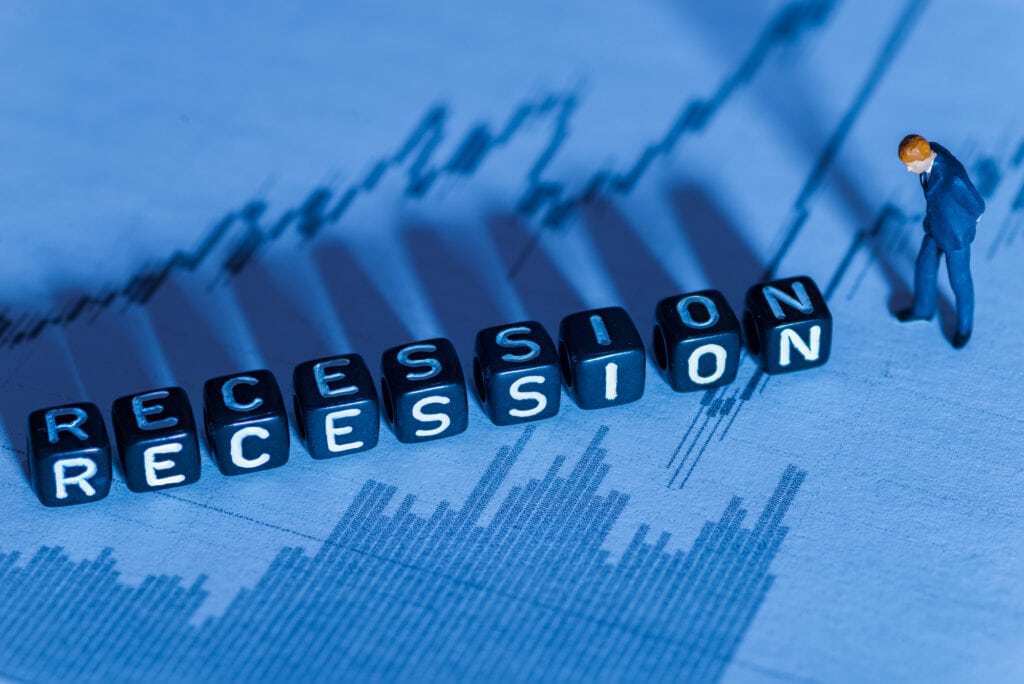
What causes a recession?
A recession occurs when economic disruptions, financial crisis, or global events disrupt the supply chain. It can also be triggered by an inflationary period, prompting central banks to raise interest rates to slow the economy and reduce inflation. When interest rates are higher, there is a greater chance of a recession.
Takeaway
Recessions are widespread and long-lasting economic declines. Typically, when gross domestic product (GDP) shows negative growth for two consecutive quarters, it is considered a recession.
While it is possible to start a successful business during a recession, it is critical to be well-informed and have access to the right resources.
Got a great business idea? Let's turn it into a million-dollar brand. Discover how with our FREE million dollar playbook. Put yourself on the road to $1 million today.
